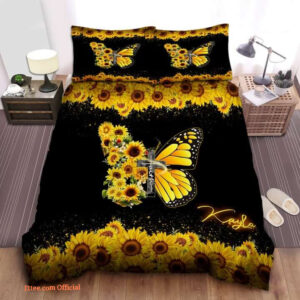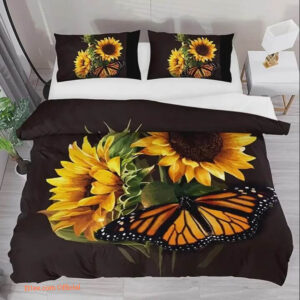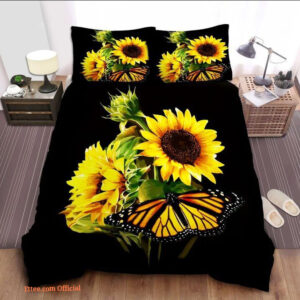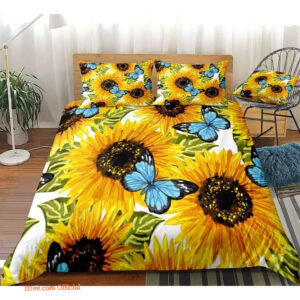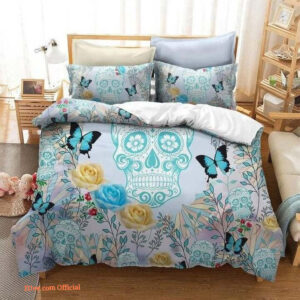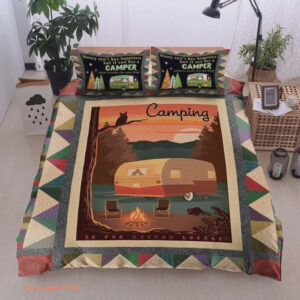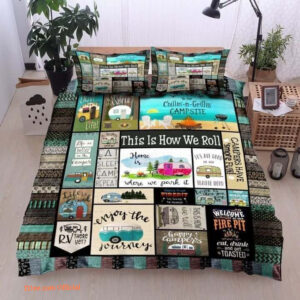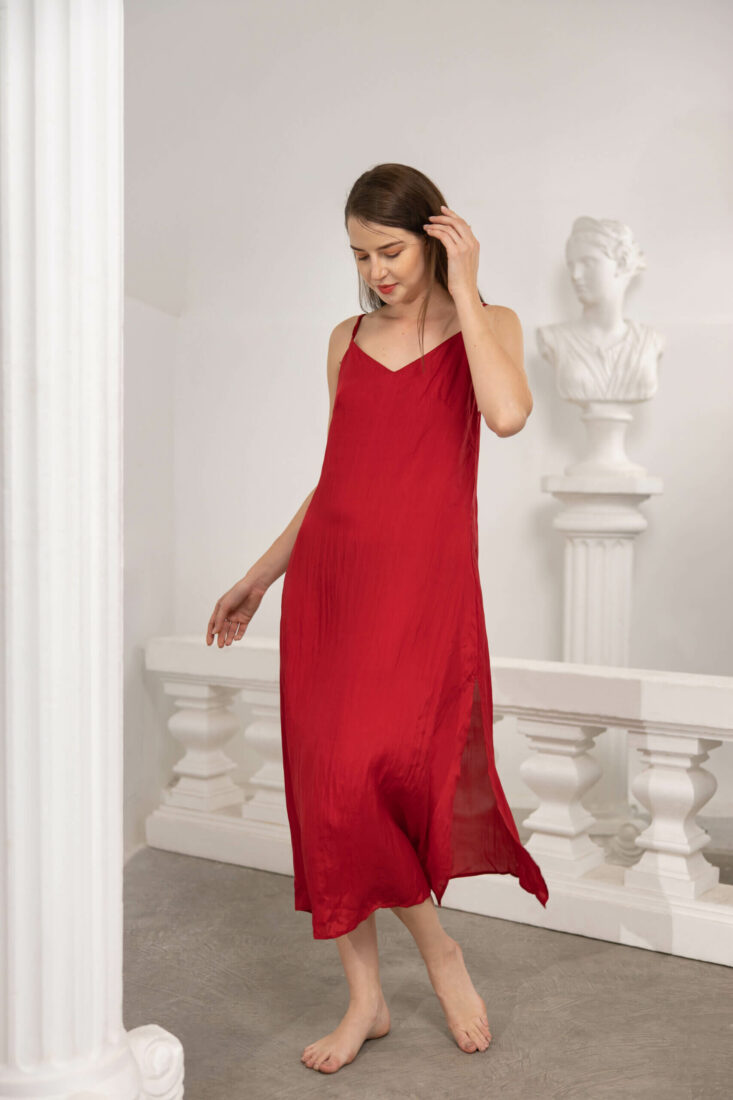Sometimes I Stay Inside Because It’s Just Too Peopley Out There

Table of Contents
- Introduction
- Overstimulation in Social Environments
- Understanding Introversion and Extroversion
- Social Anxiety and Avoidance Behavior
- Benefits of Staying Inside Sometimes
- Reduced Stress Levels
- Increased Productivity and Creativity
- Opportunity for Self-Care and Reflection/li
</ul
</ul
Introduction
Living in a fast-paced, interconnected world can be overwhelming for many individuals. The constant exposure to social interactions, noise, and external stimuli can lead to feelings of overstimulation. As a result, some people choose to stay inside because it’s just too “peopley” out there. In this article, we will explore the reasons behind this behavior and delve into the benefits of taking time for oneself.
Overstimulation in Social Environments
Social environments are often filled with various sensory inputs that can overwhelm individuals who are sensitive to external stimuli. Bright lights, loud noises, crowded spaces, and constant social interactions can be mentally and physically exhausting for some people. This overstimulation can lead to feelings of anxiety, stress, and a general sense of discomfort.
Research has shown that overstimulation in social environments can have negative effects on mental health. It can contribute to increased levels of cortisol (the stress hormone) in the body and lead to symptoms such as fatigue, irritability, difficulty concentrating, and even physical ailments like headaches or migraines.
Understanding Introversion and Extroversion
To better understand why some individuals prefer staying inside rather than being in social settings, it is essential to explore the concepts of introversion and extroversion. These terms were popularized by psychologist Carl Jung and refer to different personality traits related to how individuals gain energy.
Introverts tend to recharge their energy by spending time alone or engaging in solitary activities. They often find social interactions draining and need time alone to regain their mental energy. On the other hand, extroverts thrive on social interactions; they gain energy from being around others.
It’s important to note that introversion does not equate shyness or social anxiety; it simply means that introverts have a preference for quieter environments with fewer people.
Social Anxiety and Avoidance Behavior
While introverted individuals may choose solitude due to personal preferences for quietude or introspection, others may experience more severe forms of discomfort in social situations due to conditions such as social anxiety disorder (SAD). Social anxiety is characterized by an intense fear of judgment or embarrassment in public settings.
People with SAD often avoid situations where they feel they will be scrutinized or evaluated negatively by others. This avoidance behavior can manifest as staying indoors instead of venturing out into potentially overwhelming environments filled with people.
It’s important to differentiate between introversion and social anxiety. While both can lead to a preference for solitude, social anxiety is rooted in fear and can significantly impact an individual’s daily life.
Benefits of Staying Inside Sometimes
While staying inside may be seen as unconventional or even antisocial by some, there are several benefits to taking time for oneself and avoiding overstimulating social environments. Let’s explore some of these advantages:
Reduced Stress Levels
One of the primary benefits of staying inside is the reduction in stress levels. By removing oneself from overwhelming situations, individuals can create a calm and peaceful environment that promotes relaxation. This break from external stimuli allows the mind and body to unwind, leading to decreased cortisol levels and an overall sense of well-being.
Increased Productivity and Creativity
For many individuals, being alone provides an opportunity for increased productivity and creativity. Without distractions or interruptions from others, one can focus on tasks at hand or engage in activities that require concentration. This uninterrupted time allows for deep work, problem-solving, brainstorming ideas, or pursuing hobbies that require solitude.
Opportunity for Self-Care and Reflection
Staying inside offers a chance for self-care practices such as meditation, journaling, reading books, taking relaxing baths or engaging in other activities that promote personal growth. It provides individuals with valuable time to reflect on their thoughts and emotions without external influences.
By prioritizing self-care through staying indoors when needed, individuals can recharge their mental batteries and improve their overall well-being.

Support Your Local Street Cats!
If you’re looking for a way to support a cause while enjoying your time indoors, consider checking out Ettee’s “Support Your Local Street Cats” product. By purchasing this item, you can contribute to the well-being of street cats in your community. Click here to learn more and make a difference!
Q&A
Q: Is it normal to prefer staying inside rather than being in social settings?
A: Yes, it is entirely normal for individuals to have different preferences when it comes to socializing. Some people thrive in social environments, while others find solace and comfort in solitude.
Q: How can I strike a balance between spending time alone and engaging with others?
A: Finding the right balance between solitude and social interactions is highly individualized. It’s essential to listen to your own needs and honor them. Communicate your boundaries with friends and loved ones so that they understand your preferences.
Q: Can staying inside too much be unhealthy?
A: While taking time for oneself is beneficial, excessive isolation can lead to feelings of loneliness or depression. It’s important to maintain connections with others through meaningful relationships or activities that align with personal interests.
Frequently Asked Questions (FAQ)
- Why do some people feel overwhelmed by social situations?
- Is it okay if I prefer staying inside most of the time?
- How can I explain my need for solitude to others?
- What are some activities I can enjoy while staying inside?
Social situations can be overwhelming due to factors such as overstimulation from external stimuli, introverted personality traits, or conditions like social anxiety disorder.
Absolutely! It’s essential to honor your own preferences and prioritize self-care. If staying inside brings you comfort and allows you to recharge, there is nothing wrong with that.
Open communication is key. Explain your preferences honestly and kindly to those around you. Help them understand that it’s not personal; it’s about taking care of yourself.
The possibilities are endless! You can engage in hobbies like reading, painting, cooking, or watching movies. You can also explore new interests through online courses or spend time on self-reflection and personal growth.
Summary
In a world filled with constant social interactions and external stimuli, it is understandable why some individuals prefer staying inside at times. Overstimulation in social environments can lead to stress, anxiety, and discomfort for many people. By understanding the concepts of introversion, extroversion, social anxiety disorder (SAD), and the benefits of taking time for oneself indoors, we can appreciate the importance of honoring our own needs.
Staying inside provides an opportunity for reduced stress levels, increased productivity and creativity, as well as self-care practices that promote overall well-being. It is crucial to strike a balance between spending time alone and engaging with others while maintaining meaningful connections.
Remember: It’s okay to stay inside when it feels too “peopley” out there – prioritize your mental health and take care of yourself!
Support Your Local Street Cats!
If you’re looking for a way to support a cause while enjoying your time indoors,
consider checking out Ettee’s “Support Your Local Street Cats” product.
Click here to learn more and make a difference!

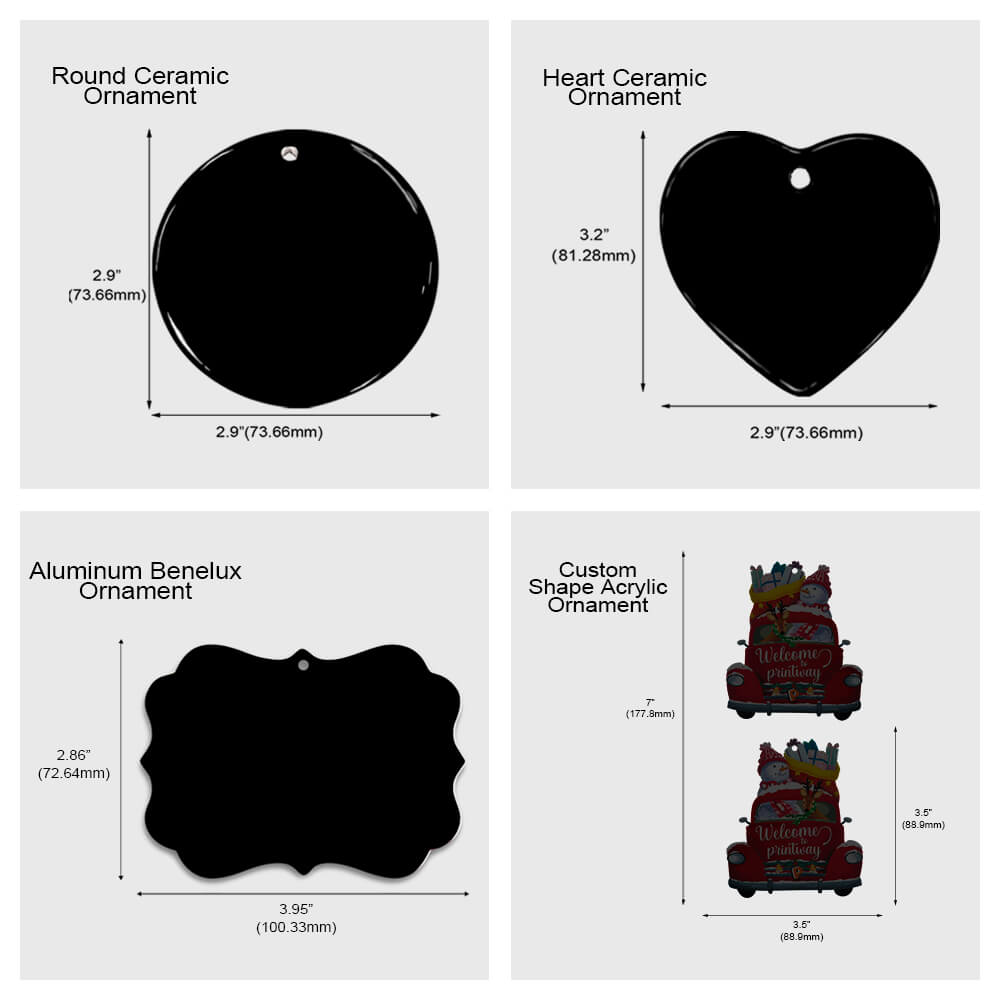
 [/accordion-item]
[/accordion-item]





 Proudly manufactured in the USA. Experience the exceptional quality and craftsmanship that comes with American production.
Proudly manufactured in the USA. Experience the exceptional quality and craftsmanship that comes with American production.










